










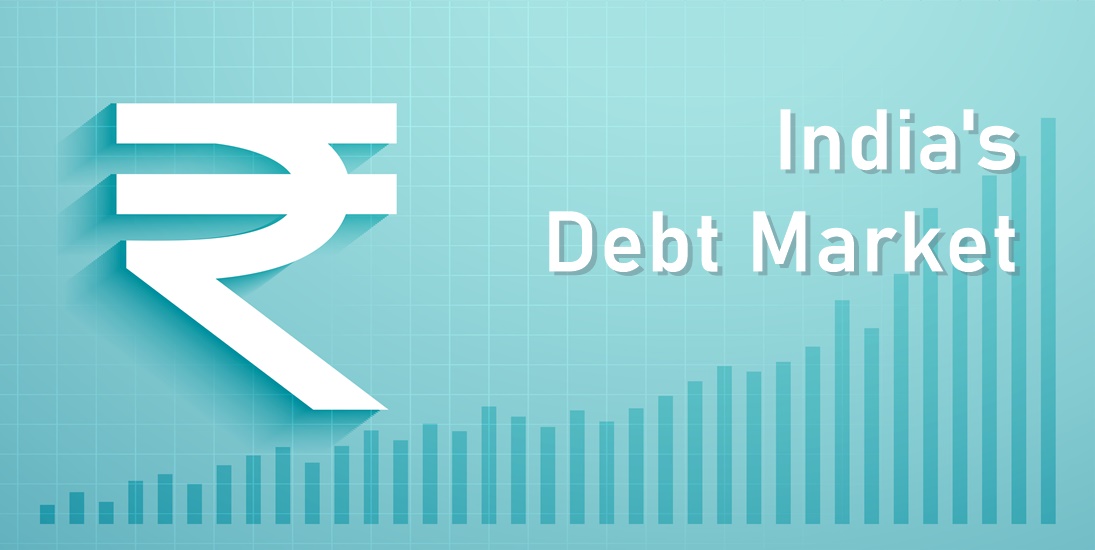






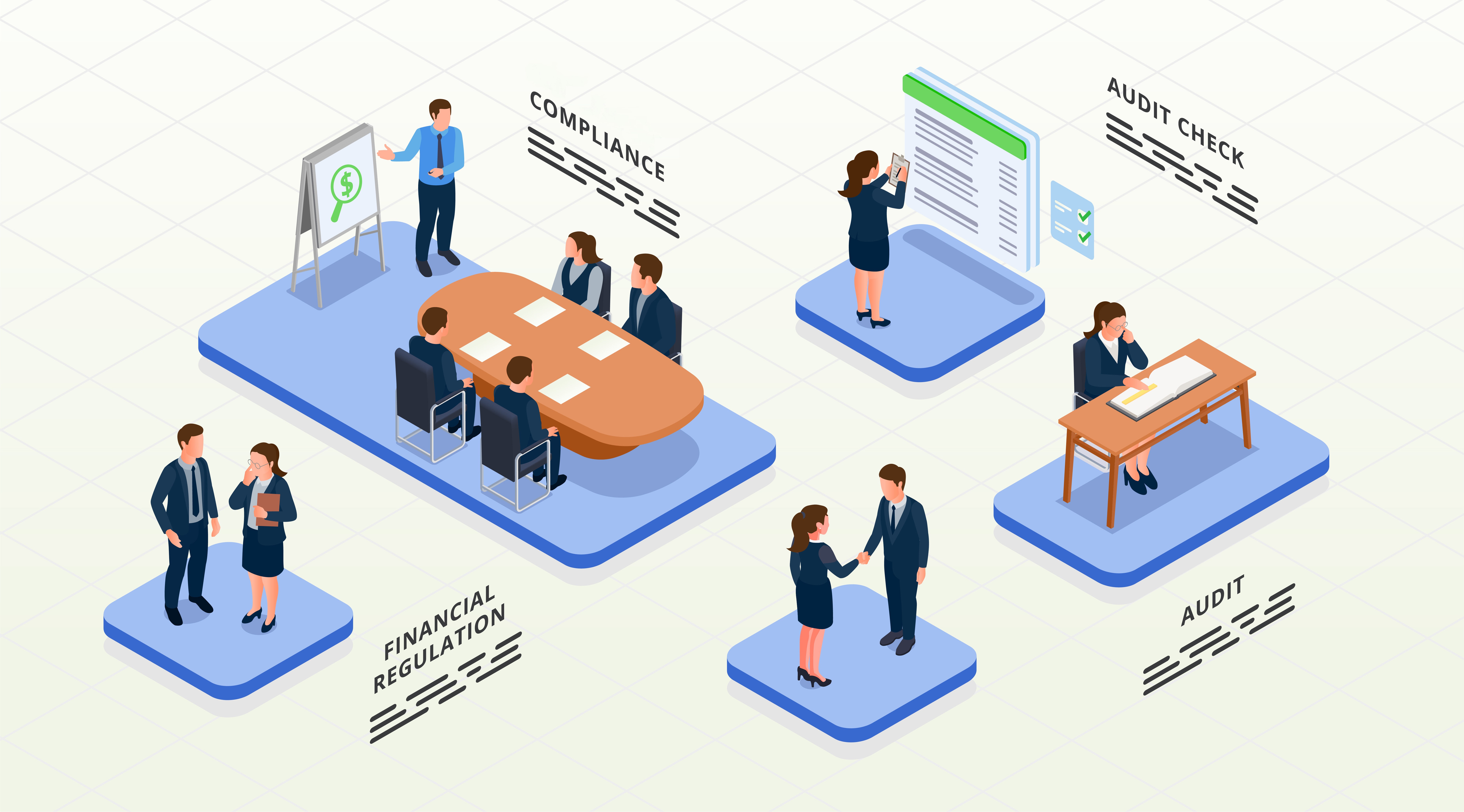




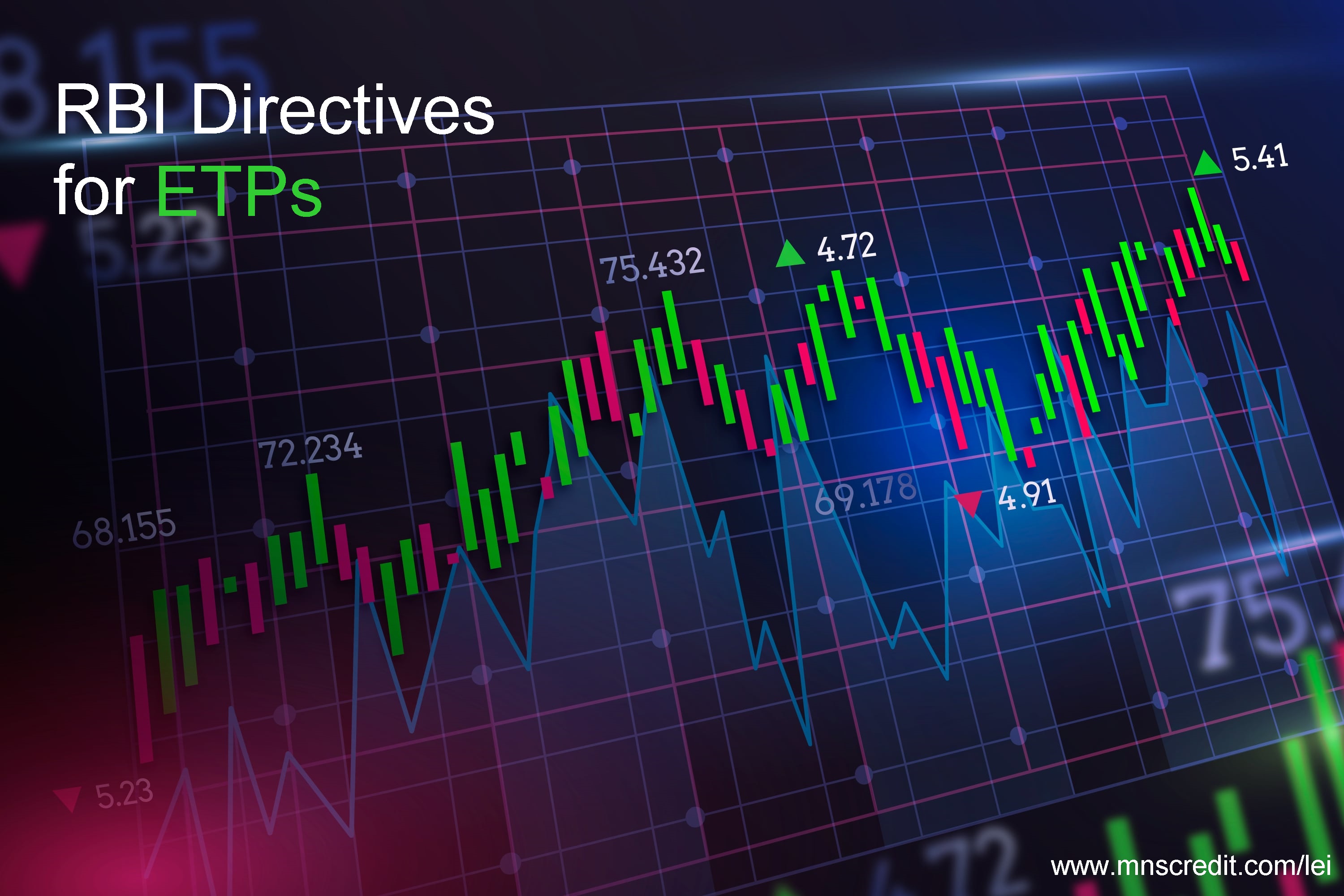
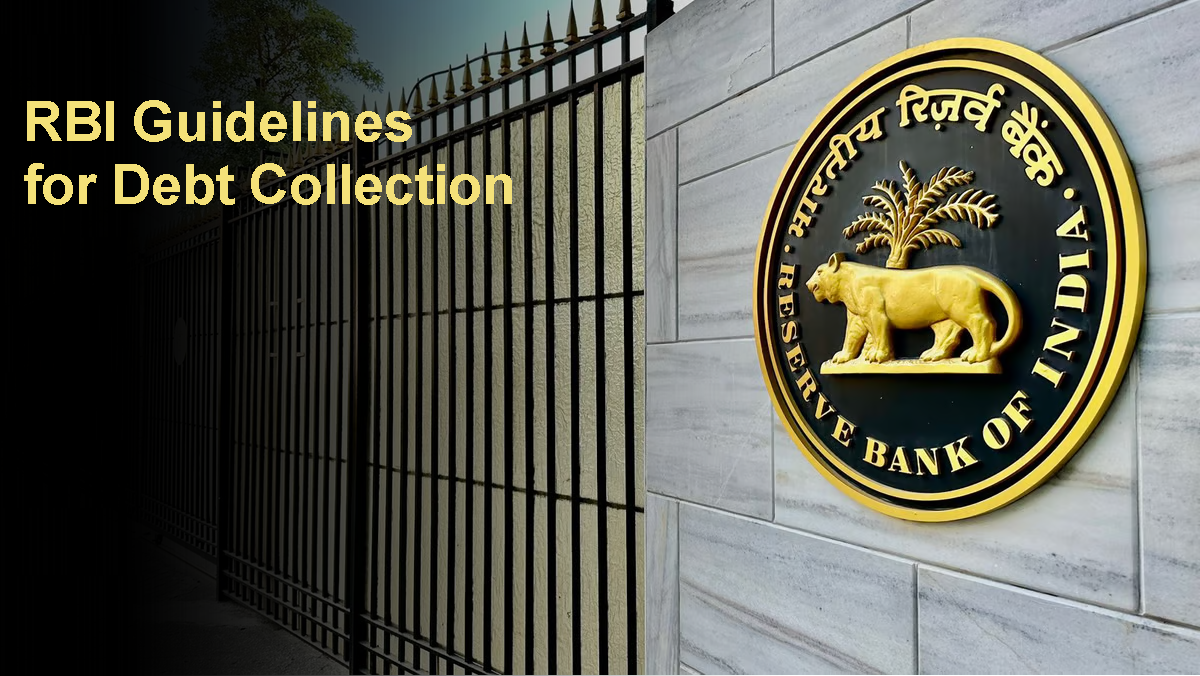








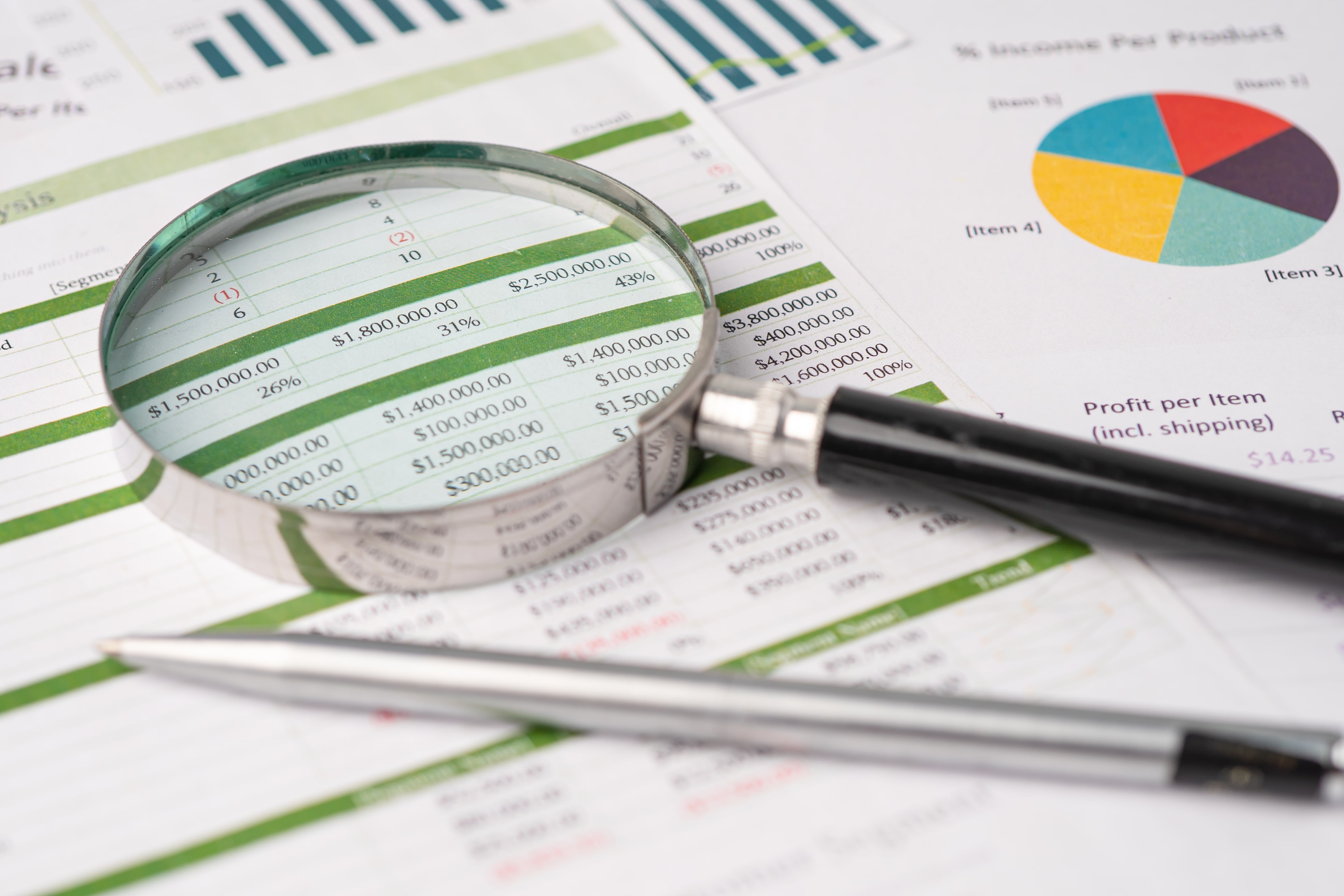





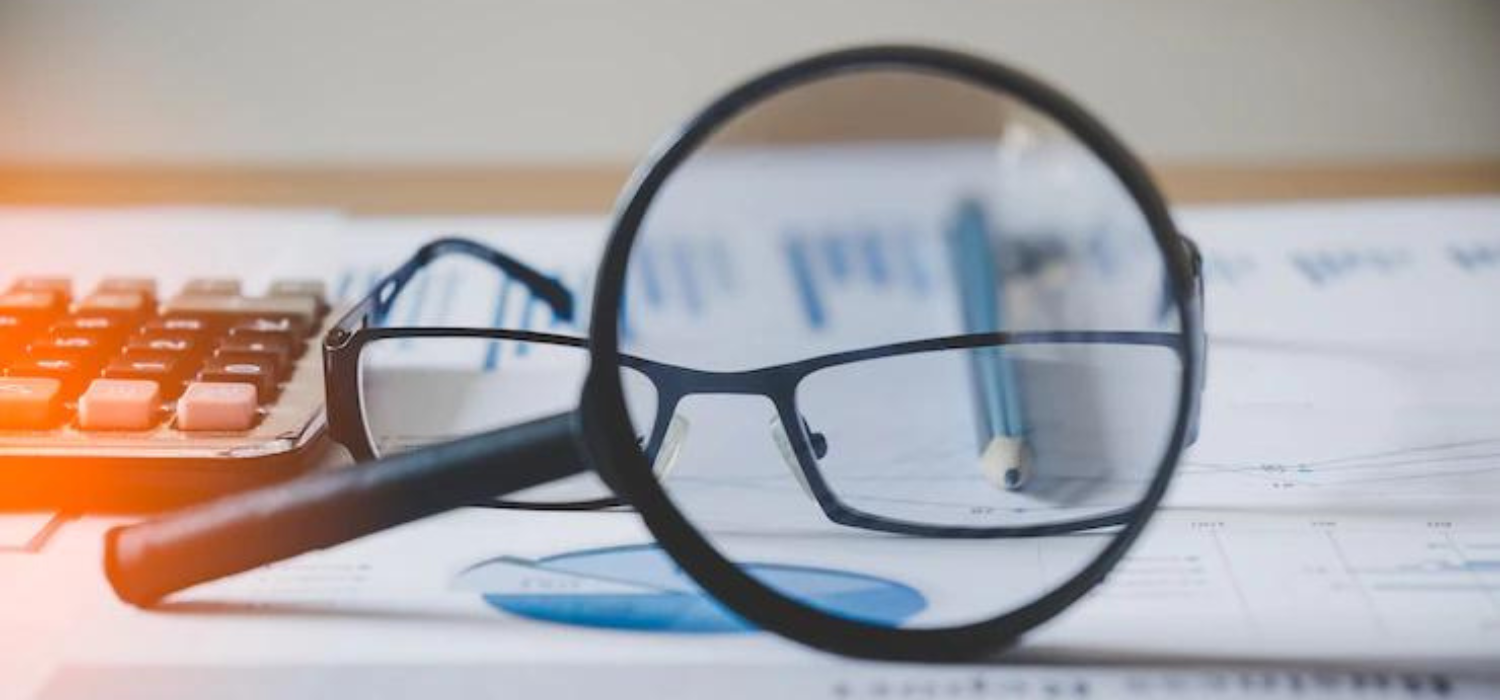



This blog provides insights into the best practices and strategies for debt recovery, as well as tips on selecting the right debt collection agency in Singapore to ensure your debts are resolved swiftly and professionally.
Learn More
This blog sheds light on the essential aspects of B2B debt recovery services. The key challenges, legal considerations, and effective strategies for successfully navigating the Indonesian debt collection.
Learn More
Explore our blog to discover valuable tips and insights on debt collection in Vietnam, including the legal framework, cultural considerations, and the most effective strategies to recover outstanding debts.
Learn More
Explore the Complex Landscape of Debt Collection in the USA: Discover Key Challenges and Effective Solutions in Our Latest Blog.
Learn More
Discover the Key Benefits of Utilizing DCA: A Powerful Strategy to Tackle Business Challenges Head-On. Uncover the insights you need to enhance your business's resilience and success.
Learn More
Explore the World of Credit Assessment: From Verification and Analysis to Comprehensive Reporting. Learn how this vital financial tool can empower your financial decisions.
Learn More
This post will go over ten actions you should follow when reviewing a new stock for the first time. You can gather crucial information and evaluate a potential new investment by carrying out this due diligence.
Learn More
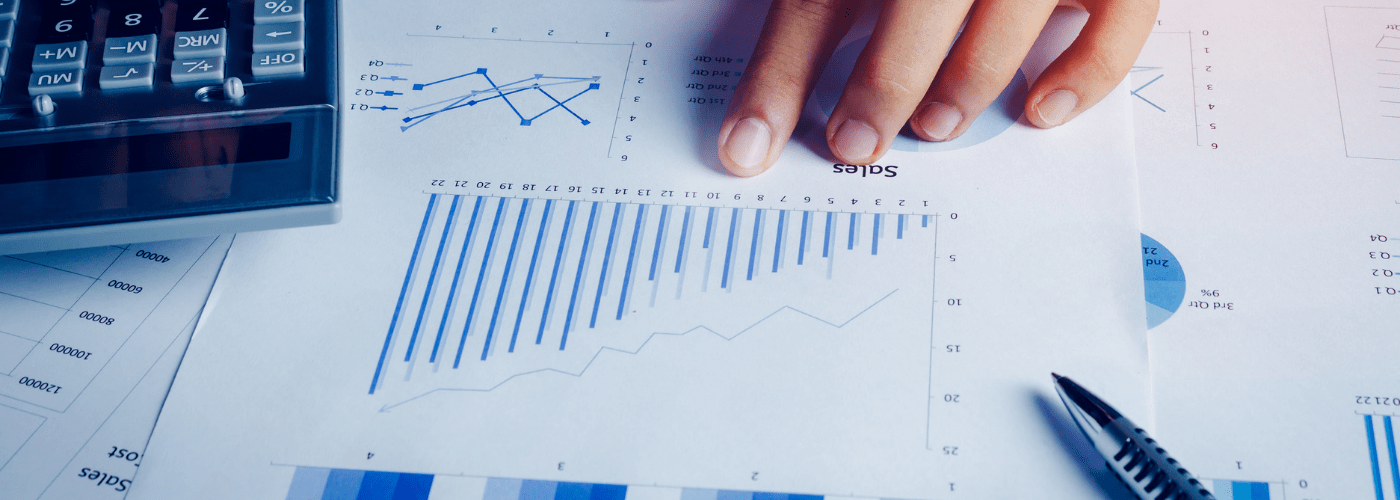
It has been announced by the government of India about Digital India project in 2014.
Learn More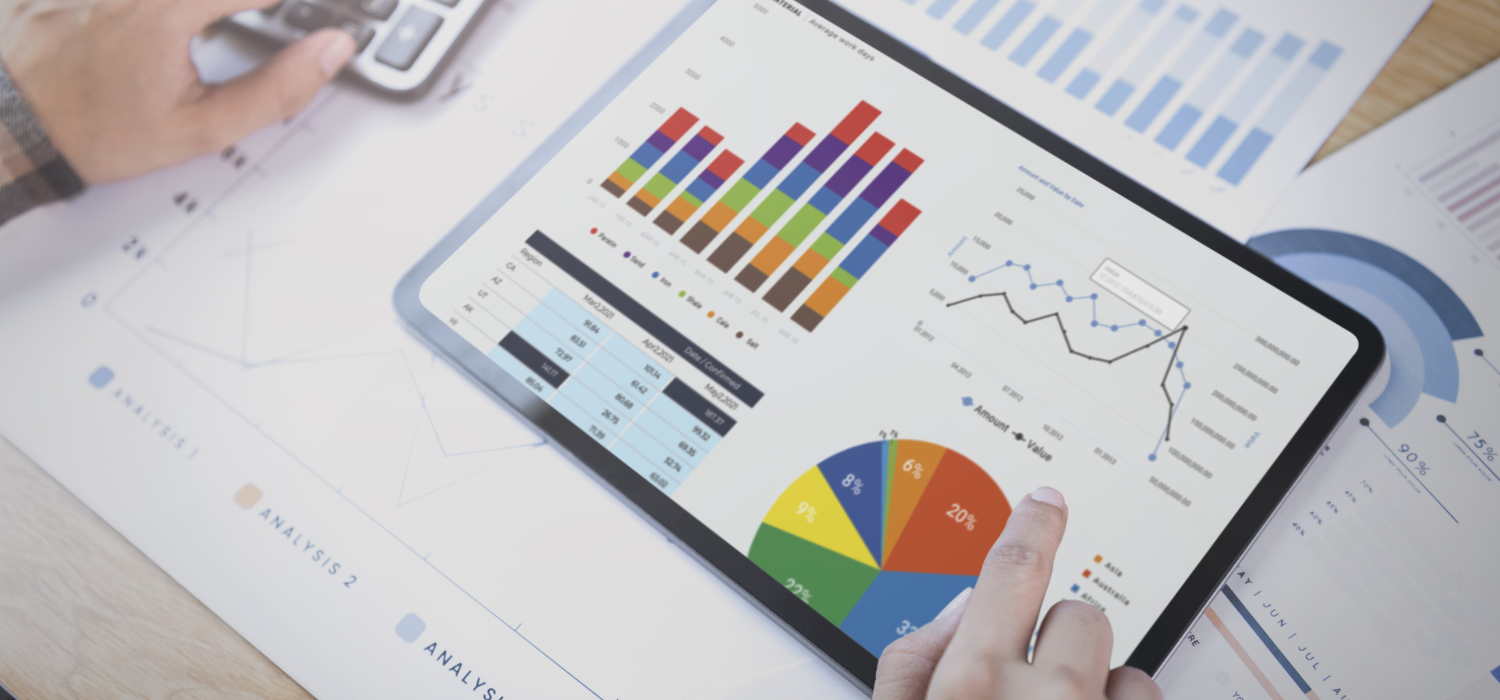
Discover the Power of Business Credit Reports: Unraveling Their Impact on Your Financial Health and Success. Learn the essentials in our latest blog!
Learn More
Navigating Commercial Debt Collection in the UAE: 5 Vital Legal Steps.' Discover the essential legal actions you need to take for successful debt recovery in the United Arab Emirates.
Learn More
A prominent regional auto part exhibition, MIAPEX is set to create a hub of innovation and collaboration in November 2024 for the automotive industry.
Learn More










































This blog provides insights into the best practices and strategies for debt recovery, as well as tips on selecting the right debt collection agency in Singapore to ensure your debts are resolved swiftly and professionally.
Learn More
This blog sheds light on the essential aspects of B2B debt recovery services. The key challenges, legal considerations, and effective strategies for successfully navigating the Indonesian debt collection.
Learn More
Explore our blog to discover valuable tips and insights on debt collection in Vietnam, including the legal framework, cultural considerations, and the most effective strategies to recover outstanding debts.
Learn More
Explore the Complex Landscape of Debt Collection in the USA: Discover Key Challenges and Effective Solutions in Our Latest Blog.
Learn More
Discover the Key Benefits of Utilizing DCA: A Powerful Strategy to Tackle Business Challenges Head-On. Uncover the insights you need to enhance your business's resilience and success.
Learn More
Explore the World of Credit Assessment: From Verification and Analysis to Comprehensive Reporting. Learn how this vital financial tool can empower your financial decisions.
Learn More
This post will go over ten actions you should follow when reviewing a new stock for the first time. You can gather crucial information and evaluate a potential new investment by carrying out this due diligence.
Learn More

It has been announced by the government of India about Digital India project in 2014.
Learn More
Discover the Power of Business Credit Reports: Unraveling Their Impact on Your Financial Health and Success. Learn the essentials in our latest blog!
Learn More
Navigating Commercial Debt Collection in the UAE: 5 Vital Legal Steps.' Discover the essential legal actions you need to take for successful debt recovery in the United Arab Emirates.
Learn More
A prominent regional auto part exhibition, MIAPEX is set to create a hub of innovation and collaboration in November 2024 for the automotive industry.
Learn More